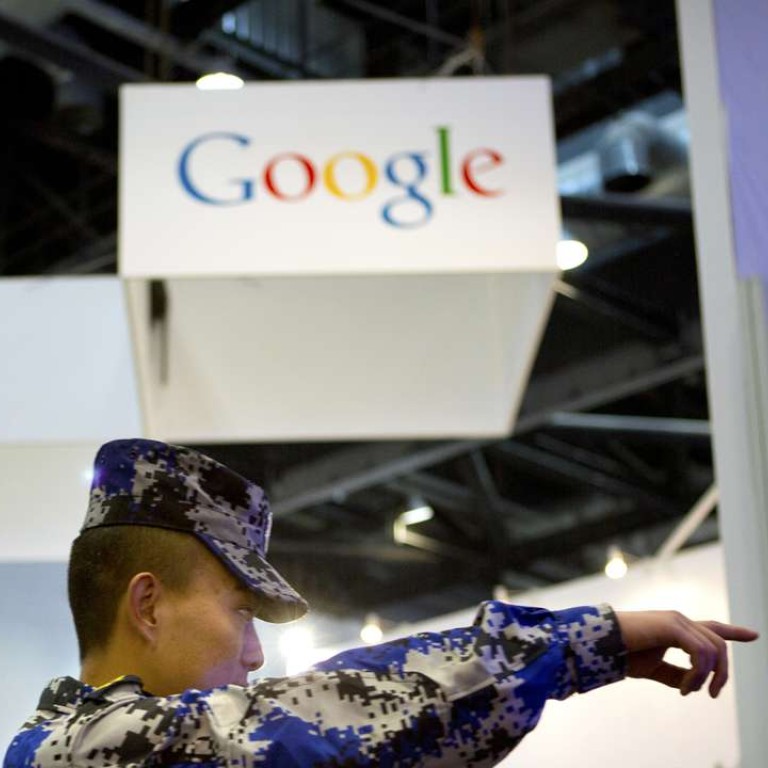
US cites Chinese internet filters as trade barrier
Censorship creates significant hurdle for businesses, annual report says, while avoiding mention of any response Washington might take
The United States government has cited Chinese internet controls as a trade barrier in a report that comes as Beijing tries to block the mainland public from seeing news about the finances of Communist Party leaders’ families.
Mainland Chinese filters, which blocked access to websites including Google and social media such as Twitter, were a “significant burden” on businesses, the office of the US Trade Representative said in an annual report on trade conditions.
It gave no sign that Washington planned to take action, but highlighted the economic cost of the censorship, which is also criticised by human rights and pro-democracy groups.
Washington is at odds with Beijing, which sees strict control over information as essential to protecting the party’s monopoly on power. Outright blocking of websites appears to have worsened over the past year, with eight of the top 25 most-trafficked global sites now blocked on mainland China.
Xi Jinping’s focus on shoring up power comes at the cost of reforms China urgently needs
Beijing restricts access to online materials by making traffic pass through state-controlled gateways linked to the global internet. Controls have tightened since President Xi Jinping became party leader in 2012.
The filters, known informally as the Great Firewall, are in line with Beijing’s advocacy of “internet sovereignty”, or allowing governments to impose control on the freewheeling internet within their borders.
Xi called for the creation of a global “governance system” for cyberspace in a speech last year.
This week Chinese web users were blocked from seeing news reports about the leaked “Panama Papers” documents from a law firm in Panama, which say relatives of political figures, including Xi, own offshore firms.
‘I have nothing to hide’: son of late Chinese leader Hu Yaobang named in leaked ‘Panama Papers’ admits having offshore company
State media have carried brief reports on the revelations, without mentioning Chinese figures.
Chinese regulators block access not only to websites run by human rights or pro-democracy activists, but also to dozens of news, entertainment and social media services that operate freely in other countries.
“Outright blocking of websites appears to have worsened over the past year, with eight of the top 25 most-trafficked global sites now blocked in China,” the US office said. Much of the blocking appeared to be arbitrary, it said.
Almost 80 per cent of firms that responded to a survey in January by the American Chamber of Commerce in China said they were “negatively impacted” by the controls.

